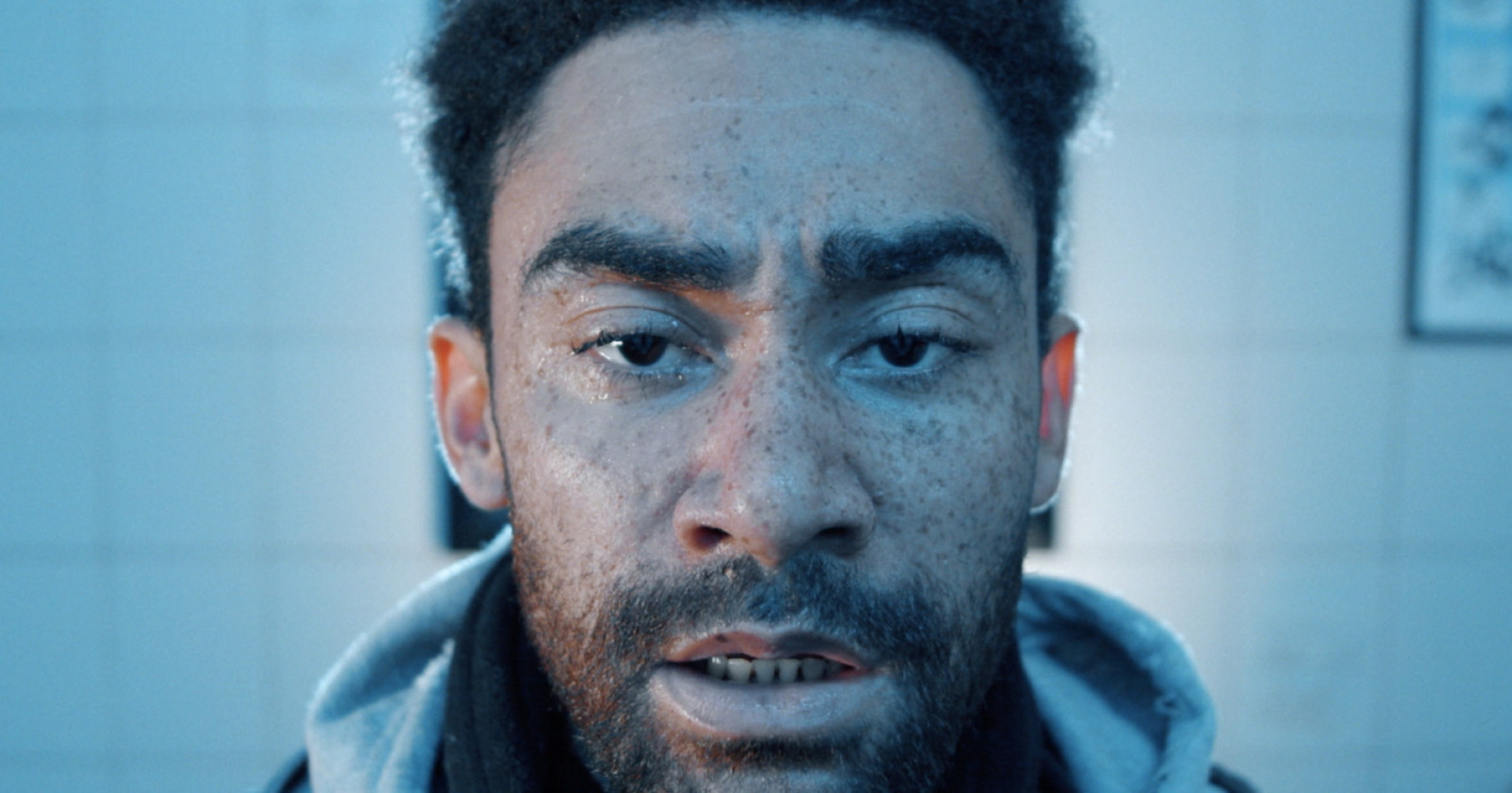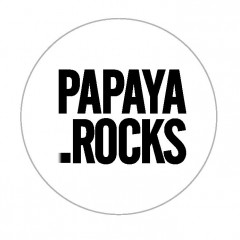3rd edition of Papaya Rocks Film Festival starts on February 22nd. Ahead of the event, we speak to the filmmakers who submitted their films to the festival.
More info about the festival and tickets can be found here.
How are you holding up during these very strange times?
Kieran Stringfellow: I’m doing ok… I think. It has been a really strange time, more so because I look back at the year with a positive outlook. We released our short film Bulldog this year onto the festival circuit, and whilst we were originally a little concerned as to what the festival scene would look like during Covid, we’ve been lucky enough to be selected to some really lovely festivals, who have really embraced the online format. We were initially worried about missing out on the live event experience, which obviously can’t be matched, but the online format has let us watch so many great films at festivals that we wouldn’t have been able to visit had they been live events only. It’s been really encouraging to see how the film community has overcome this huge obstacle to continue to connect people through the power of cinema.
Has this time offered you any creative inspiration?
Yeah, fortunately with my day job I've been able to comfortably transition to working from home for the past year. With this, I’ve been afforded more time to really slow down and develop some of the bigger projects that have been swirling in my head, so that extra time has been invaluable.
What does it mean to you to be part of Papaya Rocks Film Festival with such an amazing lineup of short films?
It feels amazing to be selected and to be a part of such an incredible festival. When doing our initial research for our film festival strategy, Papaya Rocks Film Festival immediately jumped out to us as being a fantastic and streamlined festival that values the art of short film filmmaking. Genesis cinema quickly became mine and the producers’ weekend sanctuary when we were interning in London after graduating, and it would be such an incredible place to be able to watch your film on the big screen. Unfortunately, due to COVID, we know this won’t be happening, but we’re so glad Papaya Rocks Film Festival is still supporting the cinema during this time, and contributing to keeping the world of film thriving.
The idea itself was inspired by Manchester as a city and my own ill-judged assumptions. If you’ve ever been to Manchester, you’ll be aware of the homeless crisis in the city, and living in an apartment close to the centre I found myself jumping to conclusions when coming across rough sleepers in my day to day.
Can you tell me a little bit about your film, how did this film come about?
Bulldog is a short film about a rough sleeper with a score to settle. The actual idea for the film came about when I first moved to Manchester at the back end of 2017, after graduating. I wanted to make another short, but found myself in a new city, far away from the people I’d usually collaborate with, as well as the support from tutors and the free gear that was afforded to me at film school. In many ways, I was back to where I started, and so I was looking for something I could do with minimal resources, but without playing it safe at the same time.
The idea itself was inspired by Manchester as a city and my own ill-judged assumptions. If you’ve ever been to Manchester, you’ll be aware of the homeless crisis in the city, and living in an apartment close to the centre I found myself jumping to conclusions when coming across rough sleepers in my day to day. I was disappointed in myself for stereotyping these people because of their situation, and so I wanted to make a film that played on those stereotypes as well as borrowing genre conventions to set up a narrative that would take the audience down one path, only for it to be the complete opposite. The idea was for people to be confronted with the question of “Why did I jump to a conclusion?”.
What were the biggest challenges you faced bringing your film to life?
I wanted to see if I could tell a story without the need for dialogue, relying purely on camera and sound to guide the audience on the characters’ journey. I guess in many ways this was the biggest challenge throughout. From the script to shooting with the actor, and then mainly in the edit when we would find out if it all worked and made sense as a whole. Besides that, it was pulling together the film on a shoestring budget without compromising on that cinematic feeling. If I’m making a film without dialogue, it needs to be cinematic, it needs to be visually arresting to hook the audience and keep them gripped throughout. It was also my first time working with an animal, which provided many challenges within itself…
Looking back, is there anything you would have done differently on this film?
I was so worried whether the film would make any sense, whether the story would land the way I intended, and without dialogue, it felt much harder to tell throughout the whole process. That fear at times stopped me from pushing the experimental side of the film further, and in hindsight, I would’ve liked to have explored that even more.
Describe your film in three words?
Raw, Visceral, Honest
Where did your passion for filmmaking come from?
My mum passed down her love of film to me through her taste in cheesy action films. Since then, I’ve always been hooked on cinema, although I was never really aware that people could make films, I kind of just thought they existed. It wasn’t until I dropped out of college that filmmaking dawned upon me, and after a bit of research I just knew that there was nothing else I wanted to do.
What has been some of the best advice you’ve been given?
It’s nothing new but just watch stuff. I think it’s so important to really study the craft you want to indulge in, and watching cinema in all its many forms from across the globe will only make you a more well-rounded filmmaker.
We make films because we love cinema, but often that can result in films that are a homage to something else. So I guess it’s really asking yourself why am I making this film? Who am I representing in this film?
Should filmmakers continue to push the boundaries of the films and stories they want to tell?
100%, there’s always a different way to make a film, whether narratively or technically, even just in the minute details, there’s always something that can be done differently to offer a unique perspective. We make films because we love cinema, but often that can result in films that are a homage to something else. So I guess it’s really asking yourself why am I making this film? Who am I representing in this film? And then how can I present them differently?
Do you have any tips or advice you would offer a fellow filmmaker?
Filmmaking in my opinion is one of the hardest forms of creativity. Making a film is a Herculean task on so many levels. So I guess my advice would be at the start of any project, before you really get into it, to ask yourself why you want to make this film? And if you didn’t make it, how would you feel? Because if you’re going to make a film, I believe it has to be for something you just couldn’t forgive yourself if you didn’t make.
What do you hope people will take away from Bulldog?
In many ways Bulldog was a reaction to my own poor judgment and assumptions, so I would like to think that the film would help others confront the same assumptions and stereotypes that we call all be guilty of when it comes to certain sections of society. If anything the film is another simple example of why we should never judge a book by its cover.
see also
- Radom in pastels: a Polish photographer recognised by Apple

News
Radom in pastels: a Polish photographer recognised by Apple
- Alex Burkan Built a Working Lightsaber, Earning Himself a Guiness World Record
News
Alex Burkan Built a Working Lightsaber, Earning Himself a Guiness World Record
- Bruno Althamer | This was to be a clash of the titans
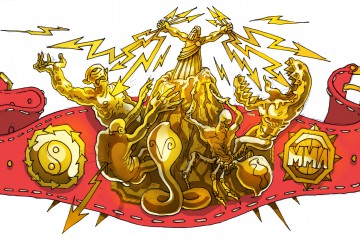
Opinions
Bruno Althamer | This was to be a clash of the titans
- The life hacker ethos

Trends
The life hacker ethos
discover playlists
-
Papaya Young Directors 7 #MASTERTALKS
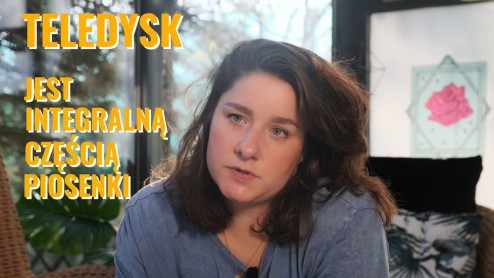 18
18Papaya Young Directors 7 #MASTERTALKS
-
Inspiracje
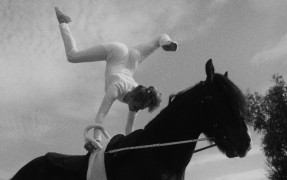 01
01Inspiracje
-
David Michôd
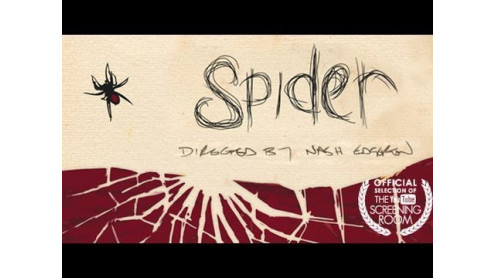 03
03David Michôd
-
John Peel Sessions
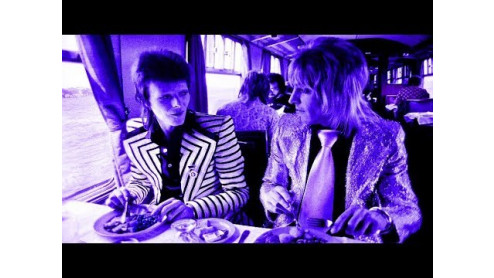 17
17John Peel Sessions
